Unlocking the Secrets of Salad Dressing Emulsifiers: A Comprehensive Guide by MT Royal Company
In the culinary world, salad dressings are not just toppings; they are essential components that elevate a dish, providing flavor, texture, and visual appeal. Emulsifiers play a critical role in achieving the perfect blend of ingredients, ensuring that oil and water mix seamlessly. For manufacturers and culinary experts looking to create high-quality salad dressings, understanding the raw materials for salad dressing emulsifiers is crucial. At MT Royal Company, we specialize in providing top-tier emulsifiers and raw materials that meet the demands of the food industry.
This guide will explore the essential ingredients used in salad dressing emulsifiers, present a complete list of these raw materials, highlight the benefits of partnering with MT Royal Company, and outline the steps involved in importing these key components. Join us as we delve into the intricate world of salad dressing emulsifiers and discover how MT Royal can enhance your product offerings.
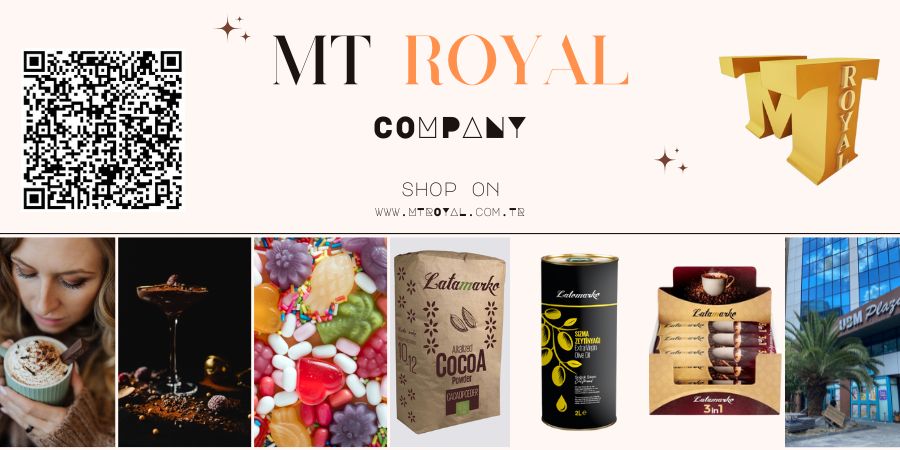
The Importance of Emulsifiers in Salad Dressings
Emulsifiers are substances that help stabilize mixtures of oil and water by reducing surface tension, allowing the two immiscible liquids to blend effectively. In salad dressings, emulsifiers not only improve texture but also enhance flavor and visual appeal. Here’s why emulsifiers are vital in salad dressing production:
1. Stability
One of the primary roles of emulsifiers is to stabilize dressings, preventing the separation of oil and water. This stability ensures that the dressing maintains a consistent texture and appearance, which is crucial for consumer satisfaction.
2. Texture and Mouthfeel
Emulsifiers contribute to the creaminess and thickness of salad dressings. A well-emulsified dressing feels smooth and luxurious on the palate, enhancing the overall dining experience.
3. Flavor Enhancement
Emulsifiers can help distribute flavor compounds evenly throughout the dressing, ensuring that every bite delivers a balanced taste. They also assist in incorporating other ingredients, such as herbs and spices, enhancing the overall flavor profile.
4. Visual Appeal
A properly emulsified dressing has a pleasing appearance, with a smooth, homogenous look. This visual appeal is essential for attracting consumers and encouraging them to choose your product over others.
Complete List of Raw Materials for Salad Dressing Emulsifiers
Creating high-quality salad dressing emulsifiers requires a thoughtful selection of raw materials. Here’s a comprehensive list of essential ingredients used in the production of salad dressing emulsifiers:
1. Emulsifying Agents
- Lecithin: A natural emulsifier derived from soybeans or sunflower seeds. Lecithin is widely used in dressings due to its ability to stabilize oil and water mixtures effectively.
- Monoglycerides and Diglycerides: These are glycerol esters of fatty acids that act as emulsifiers, helping to blend and stabilize oil and water in salad dressings.
- Sorbitan Esters: Also known as Spans, these emulsifiers are used in a variety of food products, including salad dressings, to improve stability and texture.
- Polysorbates: Known as Tweens, these are non-ionic emulsifiers that help keep ingredients mixed and provide a smooth texture in dressings.
2. Thickening Agents
- Xanthan Gum: A natural thickener produced through fermentation, xanthan gum adds viscosity and stability to salad dressings without affecting flavor.
- Guar Gum: Derived from guar beans, this thickening agent enhances texture and helps stabilize emulsions in dressings.
- Carboxymethyl Cellulose (CMC): A cellulose derivative that acts as a thickener and stabilizer, improving the mouthfeel and texture of salad dressings.
3. Acidulants
- Vinegar: Commonly used in salad dressings, vinegar provides acidity that helps balance flavors and acts as a preservative.
- Lemon Juice: A natural acidulant that adds flavor and acts as a preservative, lemon juice is often used in homemade dressings.
- Citric Acid: A versatile acidulant used to adjust pH and enhance flavor, citric acid is a common ingredient in commercial dressings.
4. Oils and Fats
- Vegetable Oils: Commonly used oils include canola, sunflower, and olive oil. The choice of oil can significantly affect the flavor and texture of the dressing.
- Olive Oil: Known for its distinct flavor and health benefits, olive oil is a popular choice for gourmet dressings.
5. Flavoring Agents
- Natural Flavors: Derived from fruits, herbs, and spices, natural flavors enhance the taste of salad dressings without artificial additives.
- Salt: Enhances flavor and can help stabilize emulsions in dressings.
6. Preservatives
- Potassium Sorbate: A common preservative used to inhibit the growth of mold and yeast, extending the shelf life of salad dressings.
- Sodium Benzoate: Another preservative that helps maintain product quality and safety.
7. Sweeteners
- Sugar: Adds sweetness and balances flavors in salad dressings.
- Honey: A natural sweetener that adds flavor complexity.
- Stevia: A zero-calorie sweetener derived from the stevia plant, suitable for health-conscious products.
Why Choose MT Royal Company?
When sourcing raw materials for salad dressing emulsifiers, partnering with MT Royal offers numerous advantages that can enhance your product development:
1. Extensive Supplier Network
MT Royal has built strong relationships with trusted suppliers who provide high-quality emulsifiers and ingredients specifically for salad dressings. This extensive network allows us to connect you with reliable producers who adhere to high-quality standards.
2. Expertise in Import Regulations
Navigating food import regulations can be complex. Our team possesses extensive knowledge of international import laws and customs procedures, ensuring compliance and a smooth transaction process. We guide you through the necessary regulations, minimizing potential delays.
3. Quality Assurance
Quality is our top priority. We conduct thorough vetting of our suppliers and ensure that all products undergo rigorous testing to meet international safety and quality standards. This guarantees that you can trust the ingredients you import from us.
4. Competitive Pricing
At MT Royal, we are committed to providing competitive pricing on all our ingredients. By working directly with producers and optimizing our supply chain, we can offer you high-quality ingredients without exceeding your budget.
5. Personalized Support
We understand that every business is unique. Our dedicated team is here to assist you with product selection, documentation, and logistical coordination, ensuring a smooth import process tailored to your specific needs.
6. Efficient Logistics
Timely delivery is crucial in the food industry. Our established logistics network ensures that your orders of salad dressing emulsifiers are shipped promptly and arrive in optimal condition. You can rely on MT Royal to manage all aspects of logistics, from shipping to customs clearance.
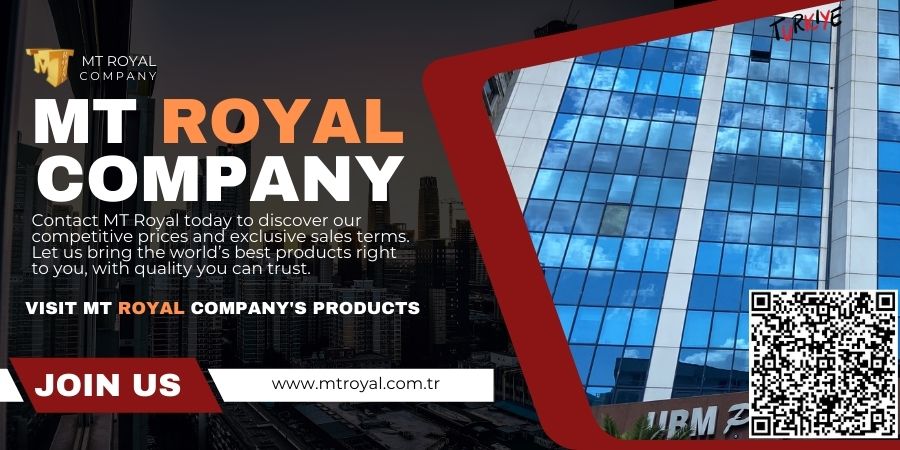
Steps to Import Raw Materials for Salad Dressing Emulsifiers
Understanding the importation process is vital for successful sourcing. Here are the essential steps involved in importing raw materials for salad dressing emulsifiers:
Step 1: Identify Your Product Needs
Start by researching the specific emulsifiers and ingredients you need for your salad dressings. Consider factors such as market demand, quality requirements, and potential suppliers. MT Royal can assist you in identifying suitable ingredients based on your requirements.
Step 2: Establish Relationships with Trusted Suppliers
Building relationships with reliable suppliers is crucial for successful imports. At MT Royal, we have established partnerships with top suppliers who can provide you with the best ingredients for your salad dressings.
Step 3: Obtain Necessary Documentation
Gather all required documentation for your imports. This may include:
- Commercial Invoice: A detailed description of the transaction between the buyer and seller.
- Packing List: An itemized list of the goods being shipped.
- Certificates of Origin: Documentation confirming the country of origin of the products.
- Health and Safety Certificates: Required to verify compliance with food safety standards.
- Import Permits: Ensure you have any required import permits based on the product type.
MT Royal will assist you in obtaining the necessary documentation, ensuring compliance with regulations.
Step 4: Collaborate with MT Royal
Engaging with MT Royal will streamline your import process. Our team will guide you through the necessary steps and ensure that all documentation is in order. We will assist in liaising with suppliers and managing logistics.
Step 5: Customs Clearance
Once your ingredients arrive in Turkey, they will need to undergo customs clearance. Our experienced team will handle this process on your behalf, ensuring that all required documentation is submitted accurately and promptly.
Step 6: Delivery to Your Location
After customs clearance is complete, we will coordinate the delivery of your ingredients to your specified location. Our logistics network ensures that your imported goods arrive on time, ready for production.
Step 7: Quality Control Upon Arrival
Once your ingredients have been delivered, it’s essential to conduct quality control checks to ensure that they meet your specifications. MT Royal is committed to supporting you in this process by providing guidance on best practices for quality assurance.
Step 8: Maintain Communication with Suppliers
Keeping lines of communication open with your suppliers and with MT Royal is vital for successful importation. Regular updates and feedback can help ensure a smooth process for future orders and enhance your overall experience.
Understanding Tariffs and Duties
When importing food products into Turkey, it’s important to be aware of any applicable tariffs and duties. The Turkish Customs and Trade Ministry establishes these rates, which can vary depending on the type of product being imported. MT Royal can provide insights into potential costs associated with your imports, helping you budget effectively.
Overcoming Challenges in the Import Process
Importing food products can present challenges, from regulatory compliance to logistical hurdles. Here’s how MT Royal helps you navigate potential issues:
1. Regulatory Compliance
Understanding and complying with Turkey’s import regulations for food can be complex. Our team provides expert guidance to ensure that all documentation and processes adhere to legal requirements, minimizing the risk of fines or delays.
2. Quality Assurance
Quality control is paramount when importing food products. MT Royal conducts thorough inspections and works with trusted suppliers to ensure that the products you import meet the highest standards.
3. Logistical Coordination
Transporting food products can involve logistical complexities. Our experienced logistics team manages all aspects of the supply chain, from shipping to warehousing, ensuring that your products are delivered on time and in excellent condition.
4. Adaptability to Market Changes
The food industry is ever-evolving, with changing consumer preferences and regulatory updates. MT Royal stays ahead of trends and market shifts, providing you with timely information and insights to adapt your import strategy effectively.
Conclusion: Partner with MT Royal for Quality Salad Dressing Emulsifiers
When it comes to sourcing raw materials for salad dressing emulsifiers, MT Royal Company is your trusted partner for quality and excellence. Our commitment to high-quality ingredients, competitive pricing, and exceptional service makes us the ideal choice for all your import needs.
Don’t miss out on the opportunity to enhance your salad dressing products with top-quality emulsifiers and ingredients from Turkey. Experience the benefits of partnering with MT Royal today! Contact us to explore our extensive range of products and discover how we can help you navigate the complexities of the import process. Together, let’s unlock the potential of the Turkish market and ensure your business thrives in this competitive landscape!
Explore our selection of premium food raw materials.
Import-Export Companies in Türkiye with 99% discount
Food industry raw materials – list of products


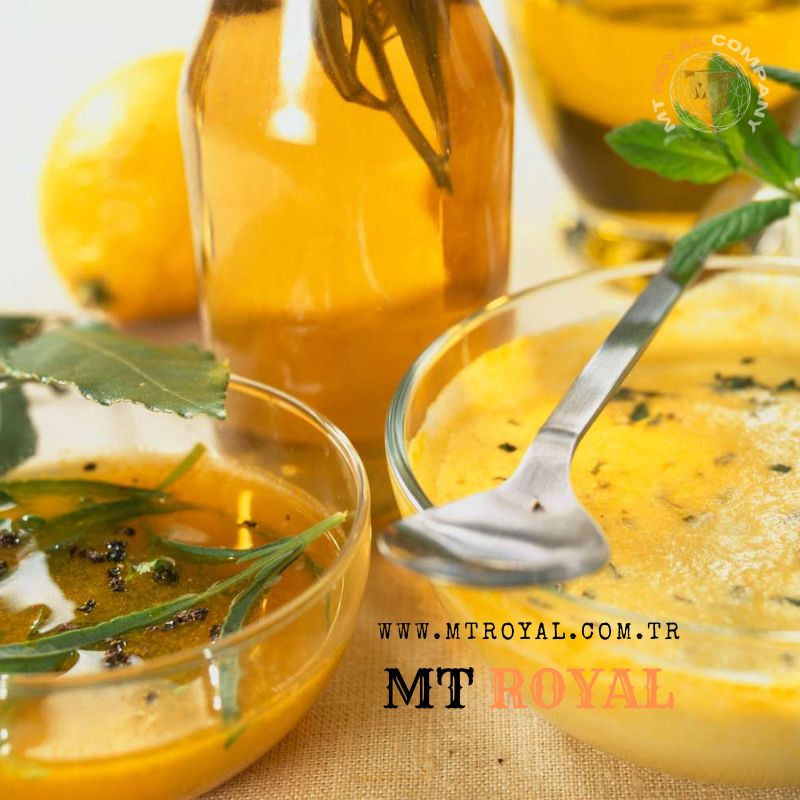
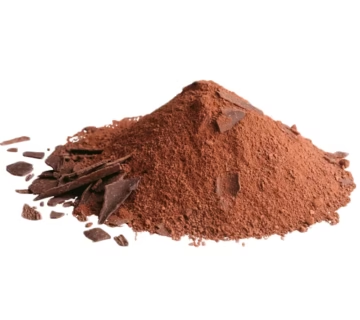
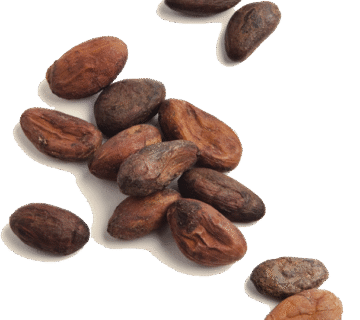

No comment